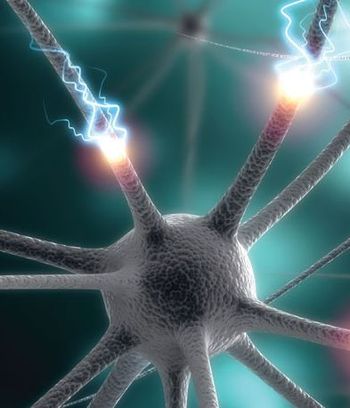
The Editor in Chief of Psychiatric Times discusses some of our new initiatives to bring readers the most up-to-date information in the field of psychiatry.

The Editor in Chief of Psychiatric Times discusses some of our new initiatives to bring readers the most up-to-date information in the field of psychiatry.

We are the richest nation in the history of the world and yet we provide the worst care ever conceived for the severely ill who most need it.

In addition to helping indiviiduals with PTSD, psychiatrists can play an active role in resolving trauma experienced by the country as a whole.

Whether Pope Francis has ever met with, or made a referral to, a psychiatrist, it is clear that he knows something essential about psychiatry.
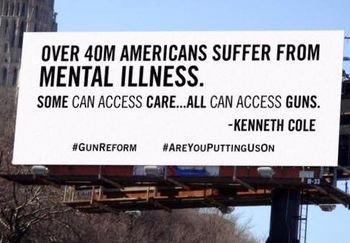
Maybe psychiatry should take a lesson from a fashion designer -- and promote our messages to the public via billboards.

Clinicians have some degree of power. We must curb abuse-whether under the guise of research, transference in psychotherapy, in prescribing medication, or when deciding on treatments.

"The time is right to use research-informed interventions and implementation strategies to address the quality chasm for mental health care," says to NIMH Director Insel.

By writing a series of profound pieces after he found out that he had a terminal illness, Oliver Sacks, MD, the renowned neurologist and writer, taught us much about how to live and die.

A story of what can happen (and has happened) when the expertise of a psychiatrist is not followed in complex cases that involve substance use and other disorders.

What’s the prudent way to react if a layperson is suddenly tapped to help get psychiatric care for somebody who says he desperately and immediately needs it-or else?

These editors' picks on noteworthy stories from around the web include topics such as "enhanced" interrogation, minority mental health, forensic psychiatry, new research, and more.

May we forgive a murderer on behalf of his victims?

The author suggests a checklist to help clinicians think through the necessary steps that should be part of every careful prescription of medication for children.

Trying to change behavior-in programs as well as people-often evokes tenacious resistance. Writing for the better can become a vehicle for that change.
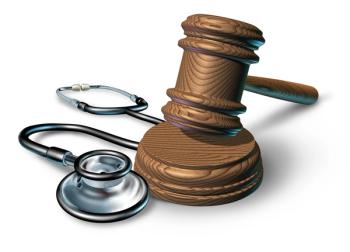
Organized psychiatry and psychology share a common acronym-APA. Some of our clinical work overlaps, but sometimes they differ in response to world events.
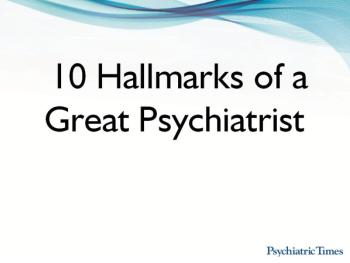
A great psychiatrist knows the disease, the person with the disease, and the way the two interact. Here are tips from a clinician who has devoted his career to treating psychiatric disorders.

If forgiveness soon after trauma helps avert mental disorders or retaliation, how could the aftermath of the Charleston tragedy not end up being one of the great moments of forgiveness in history?
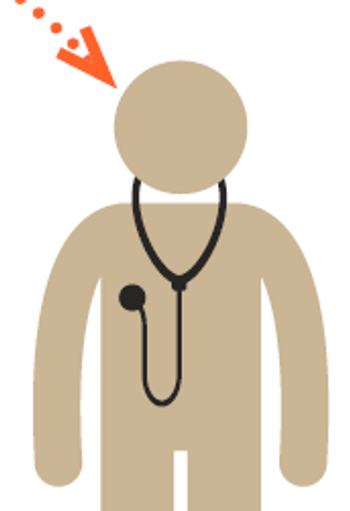
The major focus of effective therapy-to establish a healing relationship and to inspire hope.
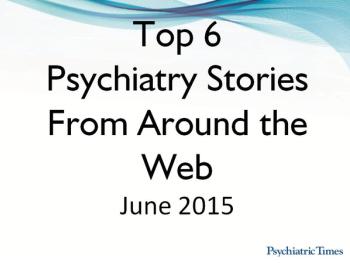
Editors' picks from stories in mental health.

Stress may be a common mediator in both obesity and depression. Here are the top 5 reasons to monitor obesity in depressed patients and practice psychoeducation on a routine basis.

I don't know of anything like the film, "Voices." See it if you haven’t, and recommend it to others, too.
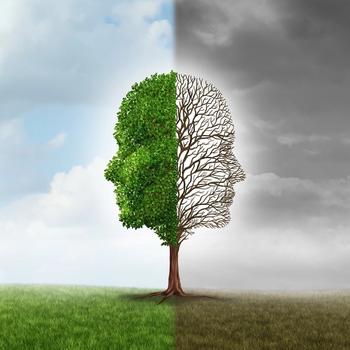
Despite the disappearance of identity variations in diagnostic classifications, psychiatrists can contribute to solving social challenges.

Critics of psychiatry claim there is an “epidemic” of mental illness in the US-and some argue this is a consequence of psychiatric treatment. But the best epidemiological evidence reveals no such epidemic in this country, rendering the iatrogenic “explanation” null and void.

As clinicians, we can only imagine what happens when patients terminate treatment. Thoughts from an addiction psychiatry fellow.
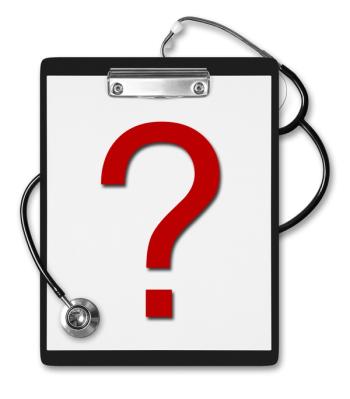
We have many tragic events that affect our collective grieving process. How should they be mourned over time?